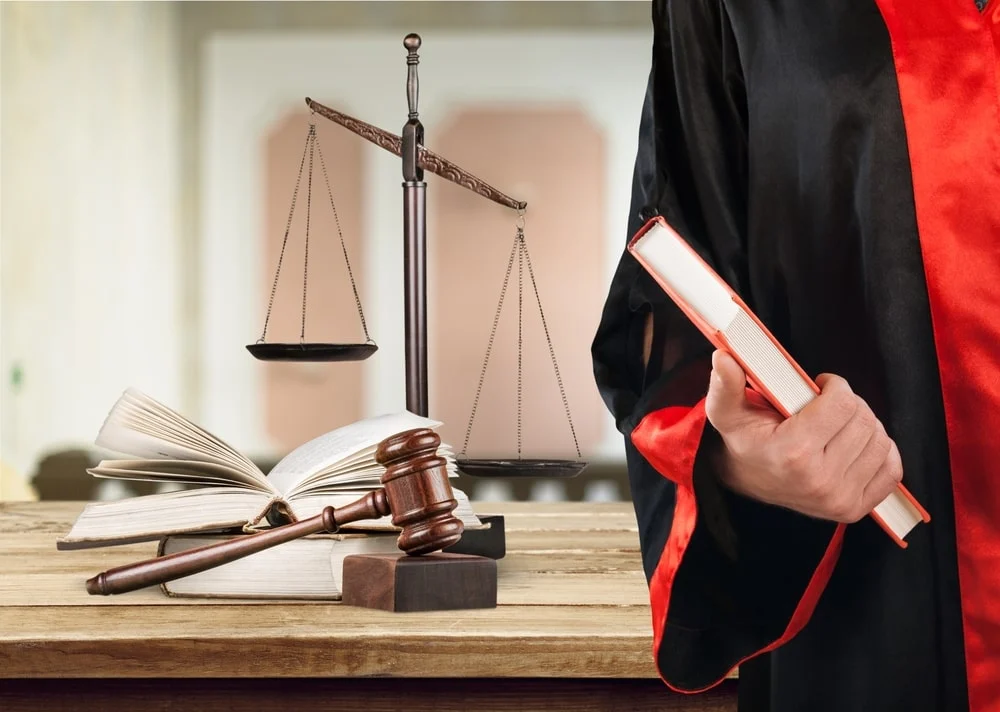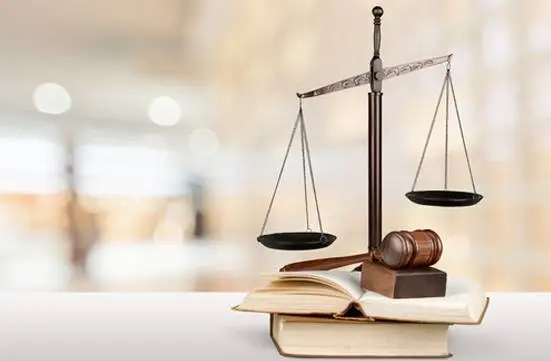
When an individual is arrested, one of the first concerns they face is how to secure their temporary release before their trial. Bail bonds play a crucial role in helping people navigate this process by providing a way to temporarily release someone from custody while they await trial. Bail is essentially a form of collateral that assures the court that the person will appear for all required hearings. Bail bonds make it possible for those who cannot afford the full bail amount to still secure their release.
Understanding Bail and Bail Bonds
Bail is a sum of money or property that an individual must pay to the court to be released from custody. The amount varies depending on the severity of the charges, the individual’s criminal history, and the potential risk to the public. However, many people are unable to afford the entire bail amount, especially in cases where the amount is set high. This is where a bail bond comes in. A bail bond is a financial arrangement made through a bail bondsman, who acts as a surety for the defendant.
The Role of a Bail Bondsman

A bail bondsman acts as a middleman between the defendant and the court. When an individual cannot pay the full bail amount, the bondsman steps in to cover the cost. The bondsman typically charges a non-refundable fee, which is their profit for providing this service. By using a bail bond, the defendant is able to secure their release without paying the full bail upfront. The bondsman will then assume responsibility for the full bail amount if the defendant fails to appear in court. This creates an incentive for the bondsman to ensure the individual follows through with all court dates.
Conditions of Bail Bond Agreements
When an individual uses a bail bond to secure their release, they enter into an agreement with the bondsman. This agreement often comes with certain conditions that must be met during the period before the trial. These conditions can include maintaining regular contact with the bondsman, staying within a specified area, and appearing in court on all scheduled dates. If the defendant fails to adhere to the terms of the bond, the bondsman has the legal right to apprehend the individual and bring them back into custody.
Bail bonds are an essential tool in ensuring a defendant’s temporary release while awaiting trial. By providing an affordable alternative to paying the full bail amount, they allow individuals to maintain their freedom during the legal process, while also ensuring they return to court when required.





